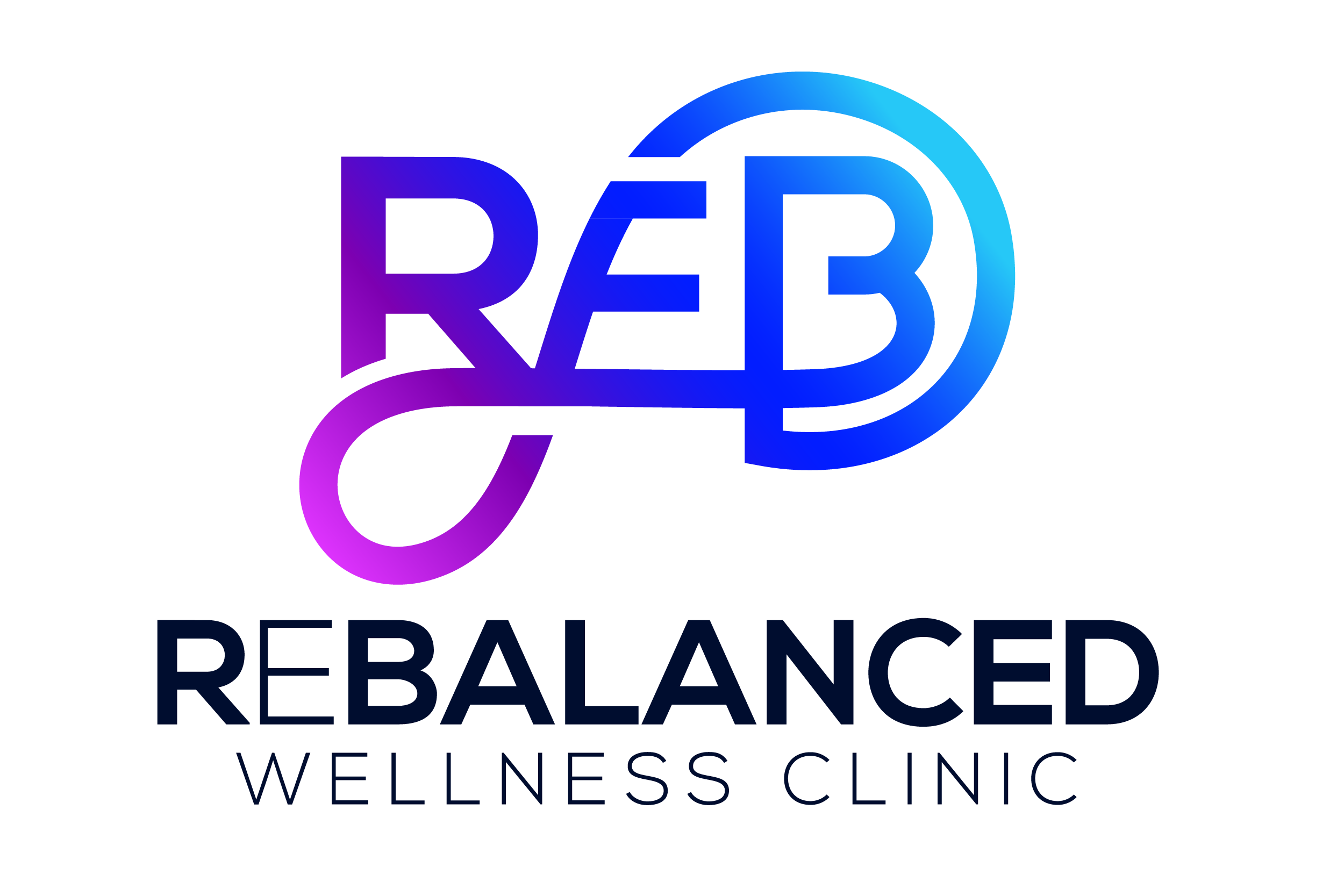Embarking on a weight loss journey can be both exciting and daunting. With the promise of achieving your health goals, it’s tempting to dive into the various options available. One avenue that often garners interest is medical weight loss programs. But how safe are they? This blog aims to explore the intricacies of medical weight loss programs, offering insights and information to those considering this path.
Understanding Medical Weight Loss
Medical weight loss is a comprehensive approach, tailored to the individual, often incorporating medical diagnostics and counseling, alongside dietary and lifestyle modifications. These programs are distinct from commercial diets and are overseen by healthcare professionals.
Unlike one-size-fits-all diet plans, medical weight loss focuses on the root causes of obesity and weight gain, offering a more sustainable and holistic approach. This process can involve thorough physical examinations, lab work, and psychological assessments, ensuring that the program designed for you is as unique as your body’s needs.
The Role of Healthcare Professionals
The safety of medical weight loss programs largely hinges on the involvement of healthcare professionals. These experts, which may include doctors, nutritionists, and fitness coaches, work together to create a balanced, health-focused weight loss plan.
This holistic approach ensures that any potential health risks are identified early and managed effectively, reducing the likelihood of adverse effects and promoting long-term wellbeing.
Assessing the Safety of Medical Weight Loss Programs
When considering the safety of medical weight loss programs, it’s essential to evaluate the credentials of the medical team and the comprehensiveness of the program. Reputable programs emphasize a personalized approach, underpinned by scientific research and medical oversight.
Additionally, these programs often include regular monitoring and adjustment to cater to your evolving health needs, a key aspect in maintaining safety and efficacy.
Benefits of Medical Weight Loss Programs
One of the most compelling benefits of medical weight loss programs is the customized care patients receive. This personalized attention can lead to more significant and lasting weight loss outcomes compared to general diet plans.
Beyond weight loss, participants often experience improvements in overall health, including better blood sugar control, reduced blood pressure, and a decrease in symptoms of chronic illnesses.
Potential Risks and How to Mitigate Them
While medical weight loss programs are generally safe, especially under professional supervision, potential risks cannot be ignored. These can include nutrient deficiencies and adverse reactions to prescribed weight loss medications.
Mitigating these risks often involves thorough initial health assessments, ongoing monitoring, and adjustments to the weight loss plan as needed. Open communication with your healthcare team is crucial in minimizing potential complications.
Personalizing Your Weight Loss Plan
The cornerstone of a successful medical weight loss program is its customization. By considering factors like your metabolism, lifestyle, and health conditions, healthcare professionals can tailor a plan that not only promotes safe weight loss but also enhances your overall health.
Questions to Ask Before Starting a Medical Weight Loss Program
Before starting a medical weight loss program, it’s wise to ask about the qualifications of the healthcare team, the program’s success rates, and any potential risks or side effects. Understanding the cost and time commitment involved is also essential.
The Importance of Follow-Up and Support
Long-term success in weight loss often depends on continuous support and follow-up. Top-notch medical weight loss programs offer ongoing counseling and support groups to help maintain weight loss achievements and address any new health challenges that arise.
Finding Your Path to Safe Weight Loss
Medical weight loss programs, when supervised by healthcare professionals, can be a safe and effective way to achieve weight loss goals. However, it’s crucial to approach this journey with care, understanding the benefits and risks involved. Personal research, along with professional guidance, will play a pivotal role in ensuring a safe and successful weight loss experience.

